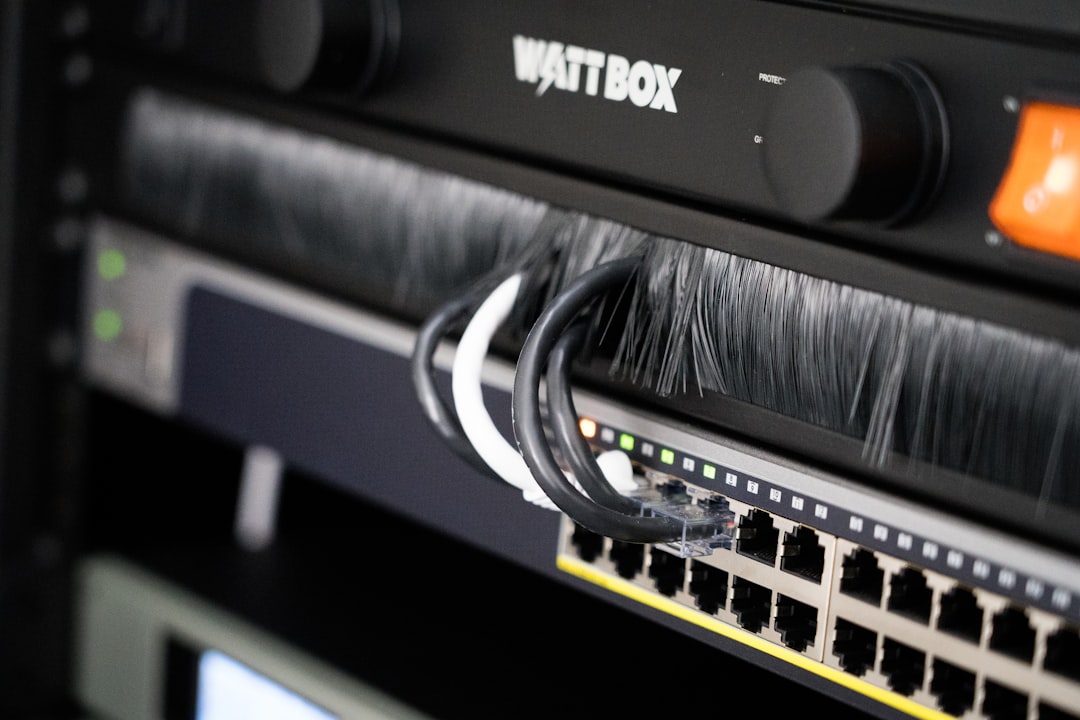In today’s digital age, online privacy and security have taken center stage for individuals and businesses alike. As cyber threats continue to evolve, the use of Virtual Private Networks (VPNs) has become increasingly popular. Among these, residential VPNs stand out for offering unique advantages that go beyond traditional data encryption and IP masking. Unlike datacenter VPNs, which use shared IPs from cloud servers, a residential VPN utilizes IP addresses assigned by Internet Service Providers (ISPs), making online activities appear as though they are coming from a real home connection.
This distinction brings a host of benefits that are especially valuable for users engaged in web scraping, market research, accessing geo-blocked content, and ensuring true online anonymity.
Benefits of Using a Residential VPN
1. Enhanced Anonymity
A key benefit of residential VPNs is the elevated level of anonymity they offer. Because residential VPNs use legitimate ISPs for IP allocation, they are far less likely to be flagged or blocked by websites.
Unlike datacenter VPNs—which are often easy to detect and restrict—residential IPs blend in with regular user traffic. This means users can browse the web, perform research, or access discreet content with minimal concern about being identified as using a VPN.
2. Greater Access to Geo-Blocked Content
Many websites and streaming platforms have geo-restrictions in place, limiting access based on the user’s geographical location. Residential VPNs allow users to bypass these laws and restrictions by appearing as though they are connecting from within the target country using a native IP.
This is especially relevant for accessing streaming platforms such as Netflix, Hulu, or BBC iPlayer, which often limit their libraries based on regional licenses.

3. Reduced Likelihood of Blocking or Blacklisting
Websites and e-commerce platforms often flag IPs that show suspicious patterns, such as multiple requests in a short time frame or access from datacenter IPs. A residential VPN uses real home IPs, which are seen as less suspicious—making it easier to conduct research, scrape data, or monitor ads without getting blocked.
This is particularly beneficial for marketing professionals and researchers who rely on tools that automate data collection from websites.
4. Improved Online Security
In addition to masking IP addresses, residential VPNs encrypt data traffic, protecting users from hackers and third-party surveillance. This is particularly useful when accessing public Wi-Fi networks, which are often vulnerable to cyber attacks.
The added layer of encryption ensures that sensitive data like passwords, emails, and banking information remains secure from prying eyes.
5. Real-User Web Testing
For businesses and developers testing websites or applications, it’s critical to see how they perform across different regions and connection types. A residential VPN allows QA testers and developers to simulate normal user conditions, generating realistic results for performance optimizations and bug fixes.

6. Better Ad Verification
Digital advertisers often face the challenge of verifying how their ads appear and function across various markets and platforms. A residential VPN enables advertisers to check ad placement and user experience just like a normal consumer would see it in their native environment. This helps in identifying fraudulent ad placements and ensuring consistency in advertising campaigns.
Frequently Asked Questions (FAQs)
-
Q: What is the difference between a residential VPN and a regular VPN?
A: A residential VPN uses IP addresses provided by ISPs to real households, while regular (datacenter) VPNs use cloud-based servers. This makes residential VPNs appear more natural and less likely to be blocked. -
Q: Is a residential VPN legal to use?
A: Yes, using a residential VPN is legal in most countries. However, it’s important to use it ethically and in accordance with local laws. -
Q: Can I use a residential VPN for streaming?
A: Absolutely. A residential VPN is especially effective at bypassing streaming geo-restrictions because it provides IPs that are less likely to be flagged or blacklisted. -
Q: Will a residential VPN slow down my internet?
A: Some speed reduction might occur due to encryption, but most premium residential VPNs are optimized to maintain high performance and low latency. -
Q: Are residential VPNs more expensive than regular VPNs?
A: Generally, yes. Due to the added value and uniqueness of real IP addresses, residential VPNs often come at a higher cost than datacenter options.
In conclusion, residential VPNs offer a wide array of benefits for individuals and professionals looking to enhance privacy, access restricted content, or ensure accurate testing environments. Their ability to seamlessly mimic real-user activity sets them apart from traditional VPN solutions, making them an invaluable tool in the modern digital toolkit.



